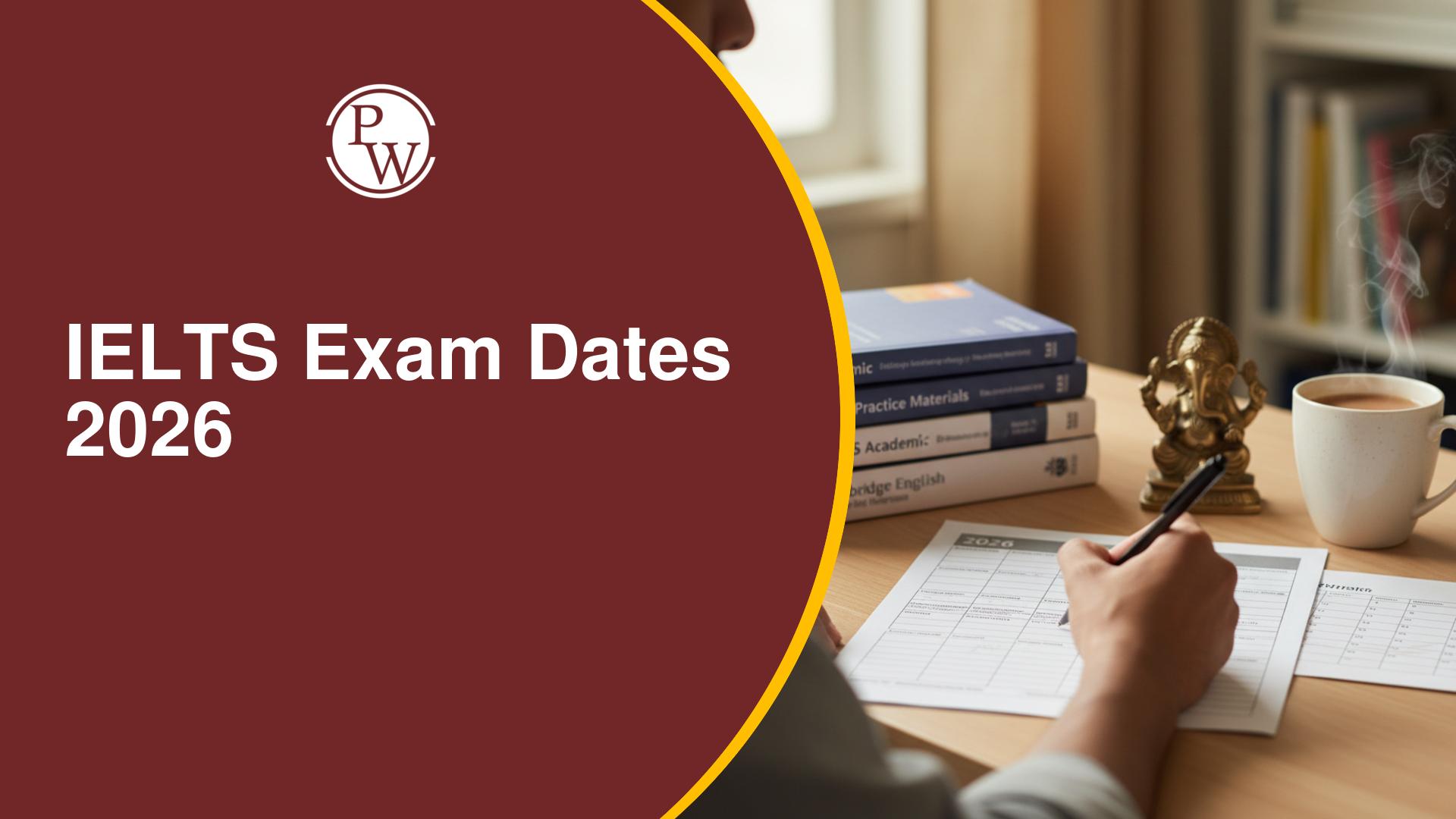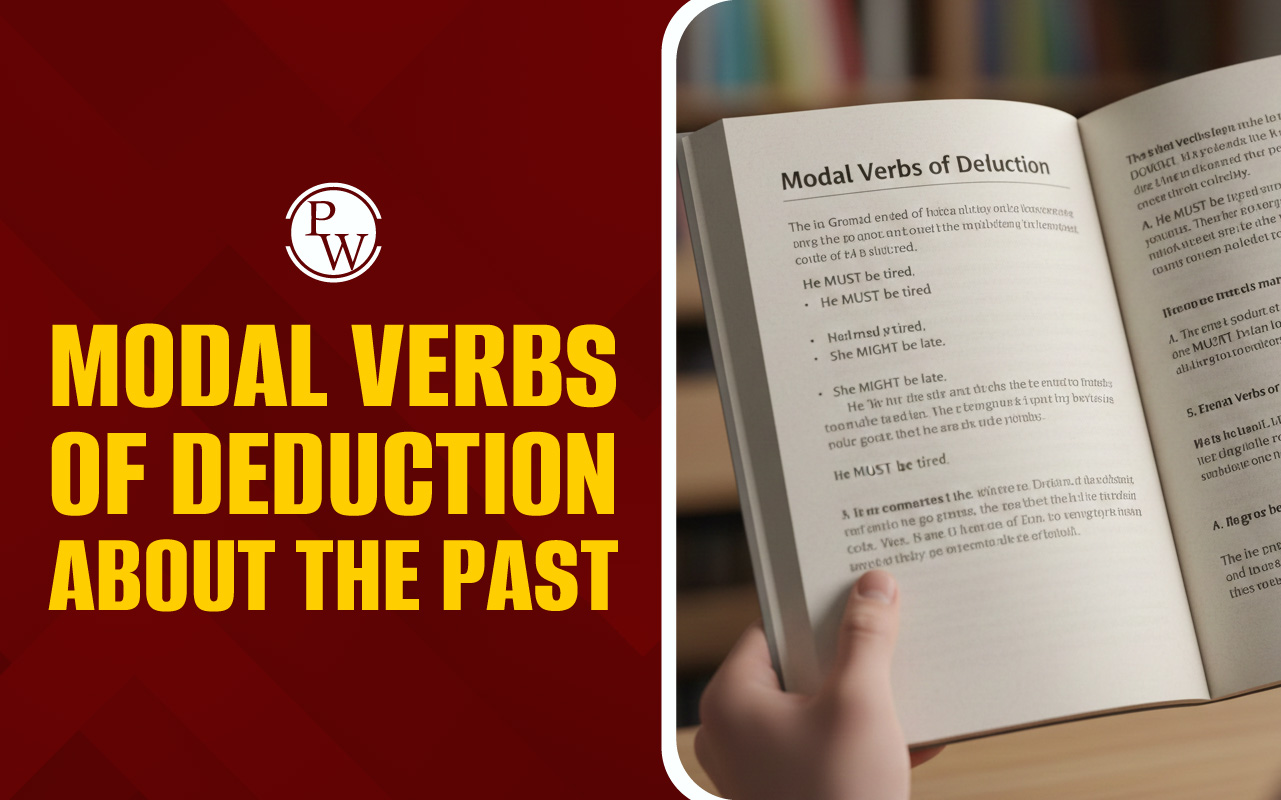
IELTS Speaking Vocabulary: When you prepare for the IELTS Speaking test, having the right vocabulary is very helpful. Good vocabulary allows you to express your thoughts clearly and confidently during the test. Whether you are describing your hometown or giving your opinion on a global issue, using the right words can make a big difference in how well you communicate in IELTS exam.
In IELTS Speaking, you may be asked questions on a variety of topics such as family, work, hobbies, or travel. Each topic has its own useful set of words and phrases. For example, if you are talking about travel, words like "destination," "adventure," and "itinerary" can help you explain your experiences better. Learning and using topic-specific vocabulary can improve your fluency and help you get a better score.
Click Here to Explore IELTS Online Courses
IELTS Speaking Vocabulary
Below is a topic-wise IELTS vocabulary table to build your base. Each topic includes essential words, phrases, or expressions relevant to the theme.
|
IELTS Speaking Vocabulary Topics |
|
|---|---|
|
Topic |
Vocabulary |
|
Education |
Curriculum, lecture, assessment, graduate |
|
Environment |
Pollution, biodiversity, conservation, emission |
|
Health |
Nutrition, diagnosis, therapy, sedentary |
|
Technology |
Innovation, gadget, artificial intelligence |
|
Travel |
Itinerary, tourism, backpacking, customs |
|
Work |
Promotion, deadline, multitasking, freelance |
|
Culture |
Tradition, ritual, folklore, heritage |
|
Sports |
Endurance, athlete, referee, tournament |
|
Food |
Cuisine, ingredient, savoury, appetite |
|
Media |
Broadcast, headline, censorship, viral |
|
Relationships |
Acquaintance, empathy, trust, companionship |
|
Housing |
Mortgage, landlord, renovation, suburb |
|
Shopping |
Retail, discount, expenditure, bargain |
|
Weather |
Forecast, humid, drizzle, chilly |
|
Social Issues |
Poverty, inequality, justice, awareness |
|
Art |
Sculpture, abstract, canvas, gallery |
|
Crime |
Theft, convict, trial, evidence |
|
Science |
Hypothesis, experiment, researcher, discovery |
|
Fashion |
Trendy, wardrobe, accessory, vintage |
|
Daily Routine |
Commute, chores, schedule, nap |
Topic-Wise Vocabulary with Examples
Here's a breakdown of each topic, along with one relevant example to show how the vocabulary can be used naturally in a sentence during the IELTS Speaking test.
IELTS Speaking Vocabulary Education
Example: “My university follows a very practical curriculum that focuses on real-world applications.”
IELTS Speaking Vocabulary Environment
Example: “I believe stricter laws are needed to reduce industrial pollution and protect biodiversity.”
IELTS Speaking Vocabulary Health
Example: “Due to my sedentary lifestyle, I’ve started experiencing back pain, so I’m focusing more on fitness.”
IELTS Speaking Vocabulary Technology
Example: “Artificial intelligence is transforming industries by automating repetitive tasks.”
IELTS Speaking Vocabulary Travel
Example: “Last year, I planned an extensive itinerary across Europe and tried backpacking for the first time.”
IELTS Speaking Vocabulary Work
Example: “I recently got a promotion at work for consistently meeting deadlines.”
IELTS Speaking Vocabulary Culture
Example: “Every region in India has its own unique tradition and cultural heritage.”
IELTS Speaking Vocabulary Sports
Example: “Athletes require immense endurance to perform at international tournaments.”
IELTS Speaking Vocabulary Food
Example: “Indian cuisine is rich in spices, and I particularly enjoy savoury snacks like samosas.”
IELTS Speaking Vocabulary Media
Example: “These days, news spreads fast through social media and often goes viral within minutes.”
IELTS Speaking Vocabulary Relationships
Example: “Building trust is fundamental in any long-lasting relationship.”
IELTS Speaking Vocabulary Housing
Example: “I recently moved to a suburb because I wanted a quieter environment and lower rent.”
IELTS Speaking Vocabulary Shopping
Example: “During sales, I always look for good bargains to reduce my monthly expenditure.”
IELTS Speaking Vocabulary Weather
Example: “The weather forecast said it would drizzle all day, so I carried an umbrella.”
IELTS Speaking Vocabulary Social Issues
Example: “Raising awareness about gender inequality is crucial in today’s society.”
IELTS Speaking Vocabulary Art
Example: “Modern art often focuses on abstract ideas, which leave room for interpretation.”
IELTS Speaking Vocabulary Crime
Example: “The trial lasted several months as the court examined all the evidence carefully.”
IELTS Speaking Vocabulary Science
Example: “Before conducting any experiment, you must clearly state your hypothesis.”
IELTS Speaking Vocabulary Fashion
Example: “Vintage fashion is making a comeback among the younger generation.”
IELTS Speaking Vocabulary Daily Routine
Example: “After finishing my chores, I usually take a short nap before starting work again.”
Read:- Importance of Vocabulary in Acing IELTS
IELTS Speaking Vocabulary and Idioms
To sound more fluent and natural, consider using idioms sparingly and appropriately. Here are a few commonly accepted idioms that can enrich your IELTS Speaking responses:
-
Break the ice – Start a conversation
“I usually break the ice by asking about someone’s hobbies.” -
Piece of cake – Something very easy
“For me, talking about travel is a piece of cake because I love exploring new places.” -
Burn the midnight oil – Stay up late working
“Before my exams, I had to burn the midnight oil to finish my revisions.” -
Once in a blue moon – Something that happens rarely
“I eat fast food only once in a blue moon.” -
On cloud nine – Extremely happy
“I was on cloud nine when I received my IELTS result.”
Use these idioms only when they fit the context. Forced or irrelevant usage may lower your score.
| IELTS Syllabus | IELTS Band Score |
| IELTS Exam Fees | IELTS Exam Dates |
Tips to Use IELTS Speaking Vocabulary
Mastering vocabulary is not about stuffing your answers with fancy words. It’s about using the right word at the right time. Here are some tips:
-
Learn by Topic: Organize vocabulary by themes like the ones above. This helps you recall and apply words easily during the test.
-
Use Synonyms: Avoid repeating the same word. For example, instead of using "important" repeatedly, try “crucial,” “essential,” or “vital.”
-
Practice with Sample Questions: Take common IELTS Speaking questions and try incorporating new vocabulary in your responses.
-
Don’t Force Complex Words: Using a complicated word incorrectly is worse than using a simple one accurately. Clarity beats complexity.
-
Record Yourself: Listening to your responses helps identify weak vocabulary areas and allows you to work on pronunciation and fluency.
-
Use Idioms Naturally: Only use idioms if you're sure of their meaning and pronunciation. Misusing them can harm your score.
-
Focus on Collocations: Learn words that commonly go together (e.g., make a decision, heavy rain, take responsibility). These show natural usage.
Guidance of PW IELTS
Physics Wallah offers multiple online IELTS courses for all students. Follow the IELTS pages to better prepare for the exam.
| What is IELTS Exam? | Documents Required for IELTS Registration |
| IELTS exam eligibility requirements | IELTS Exam Fees |
| IELTS test results | IELTS Exam Pattern |
IELTS Speaking Vocabulary FAQs
How important is vocabulary in the IELTS Speaking test?
Can I use idioms in the IELTS Speaking test?
Should I use complex words to get a higher score?
How can I learn topic-specific vocabulary effectively?
Are slang and informal expressions acceptable in IELTS Speaking?







